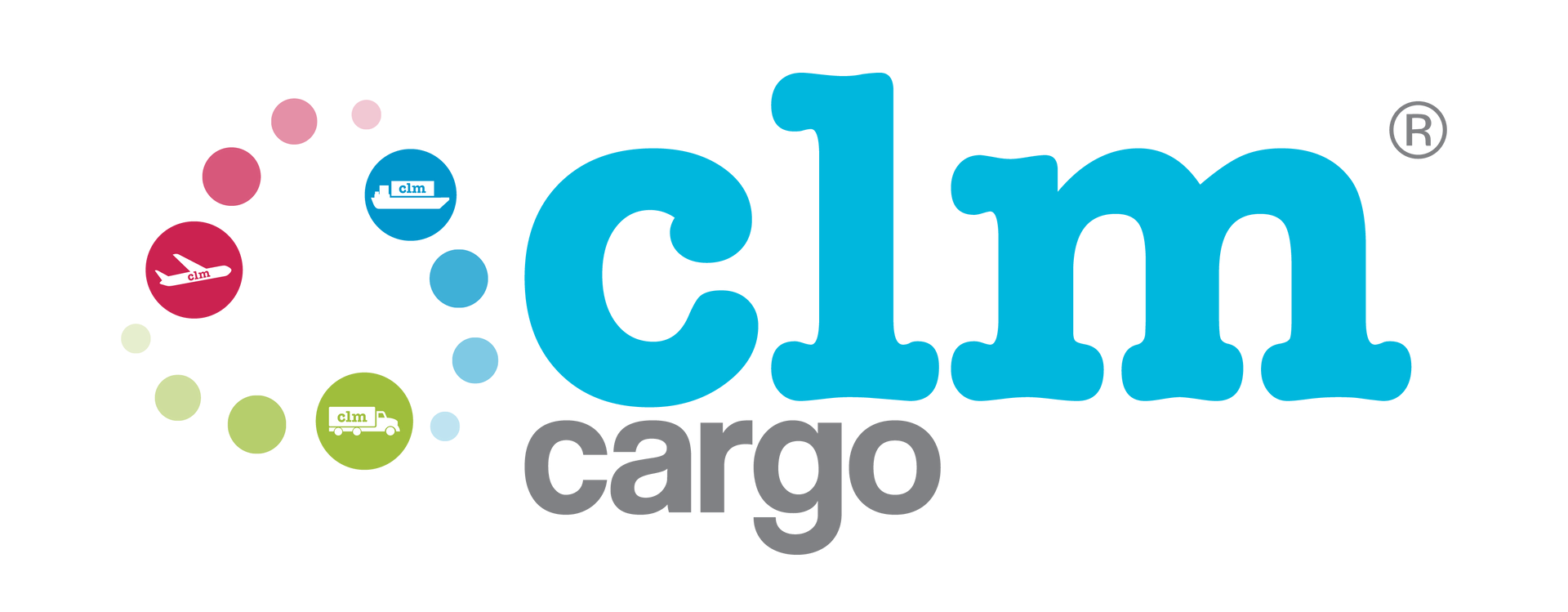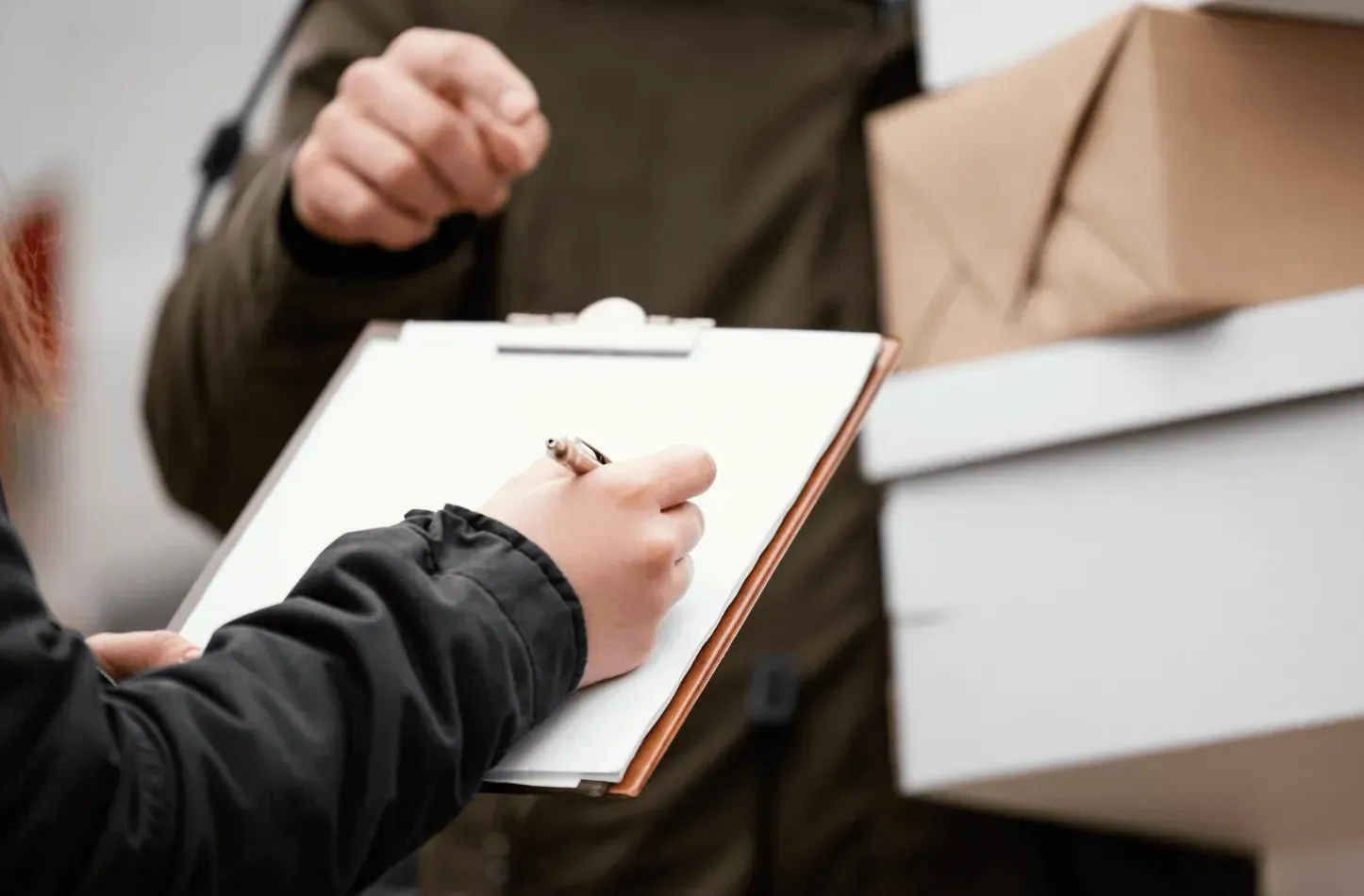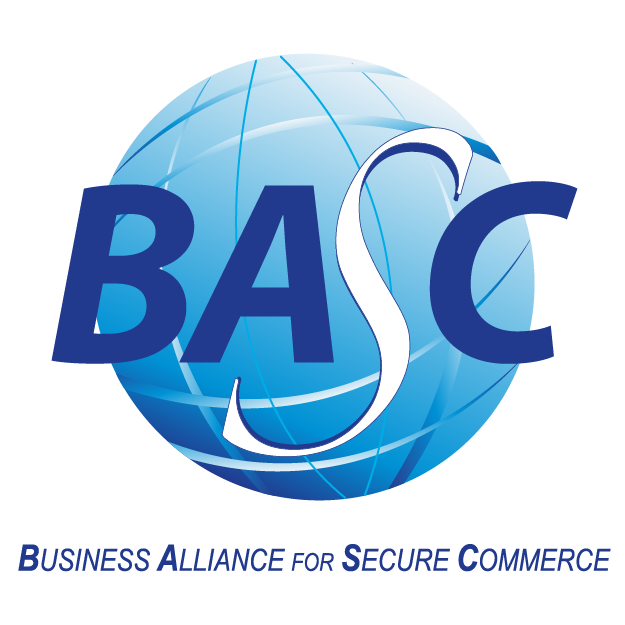Import Permits and Licenses in Colombia: Regulations and Procedures
Import permits and licenses are essential requirements for conducting international trade in Colombia. These instruments regulate the entry of goods, ensuring compliance with health, safety, and fair trade standards. This article explores the different types of permits and licenses, as well as the legal context and procedures to facilitate the import process in the country.
Legal Context of Imports in Colombia
The regulatory framework that governs imports in Colombia has been developed through various policies and laws aimed at facilitating foreign trade while protecting the country’s economic interests. The following sections outline the main components of this legal context.
Evolution of Trade Policies
Since the 1990s, Colombia has undergone a significant transformation in its trade policies. This period was marked by a shift toward the internationalization of the economy, promoting competition and trade liberalization. The reforms were aimed at reducing tariff and administrative barriers, allowing the entry of goods that encourage competition and modernization of the national industry. Along this path, the Colombian government has sought to balance market access with the protection of sensitive sectors.
Economic Development Law and Its Implications
The Economic Development Law, enacted in 2001, has played a key role in shaping import structure. This legislation provides clear rules and regulations for foreign trade, facilitating imports under a framework that promotes free trade and investment. Its implications have enabled more efficient resource management aimed at sustainable economic growth. Moreover, it has laid the foundation for creating administrative tools that optimize the import process.
Decree 3803 of 2006
Decree 3803 of 2006 is one of the most relevant regulations for controlling imports. It establishes the guidelines and procedures necessary for managing and regulating goods entering the country. Through this decree, the government seeks to ensure that imports comply with quality, safety, and applicable regulatory standards. This legal framework allows for the implementation of surveillance and control mechanisms that protect both consumers and the national economic environment.
Import Regimes in Colombia
In the context of Colombian foreign trade, several import regimes govern the entry of goods into the country. Each regime has specific characteristics that determine the requirements and procedures to be followed by importers.
Free Import Regime
This regime allows the importation of most goods without requiring prior authorization. The process is relatively simple and only requires an import registration with the Ministry of Commerce, Industry, and Tourism. This enables importers to benefit from direct access to international market goods.
Prior Licensing Regime
The prior license applies to specific products considered strategic or sensitive by the government. These goods are selected based on evaluations intended to protect local industry and address macroeconomic needs. To obtain the license, the importer must submit a request to be reviewed by the Imports Committee.
Application Process
The process of obtaining a prior license involves several steps. Initially, the required documentation must be submitted, which may include justification of the product’s purpose and its economic impact. The evaluation by the Committee can be lengthy depending on the nature of the requested good.
Import Prohibitions
Within the regulatory framework, certain goods are prohibited from being imported. These prohibitions are based on health, safety, or even ethical reasons. The regulation seeks to protect the Colombian population and the environment by preventing the entry of potentially harmful goods.
Examples of Prohibited Goods:
- Goods that pose a risk to public health.
- Products whose importation violates international standards.
- Goods that may affect morality and public order.
Import Registration and Licensing
The registration and licensing process is crucial for managing imports in Colombia. Below are the key aspects of each type of procedure, including requirements and exceptions.
Import Registration
This refers to the mandatory procedure for all imports requiring permits or authorizations. Properly completing this process ensures compliance with national regulations.
Procedure and Required Documentation
To initiate the registration process, importers must submit a set of documents, including:
- Import Registration Form
- Copy of the importer’s citizenship ID or tax identification number (NIT)
- Commercial invoice of the product to be imported
- Certificate of origin (if applicable)
- Additional documents to demonstrate compliance with special regulations
Fulfilling these requirements is essential to avoid delays in the import process.
Exceptions to Import Registration
There are situations where import registration may not be required. These exceptions apply to companies with annual import licenses or those importing goods exempted through prior agreements.
It is important to stay up to date with current regulations to determine whether any of these exceptions apply.
Import License
The import license is a key document that authorizes traders to import goods under specific conditions. It is managed through a process that requires close attention to regulatory compliance.
Application Process
Obtaining an import license involves several steps. First, the applicant must fill out the request form and submit the required documentation. Then, the Imports Committee evaluates the feasibility of the product's entry based on economic and social factors.
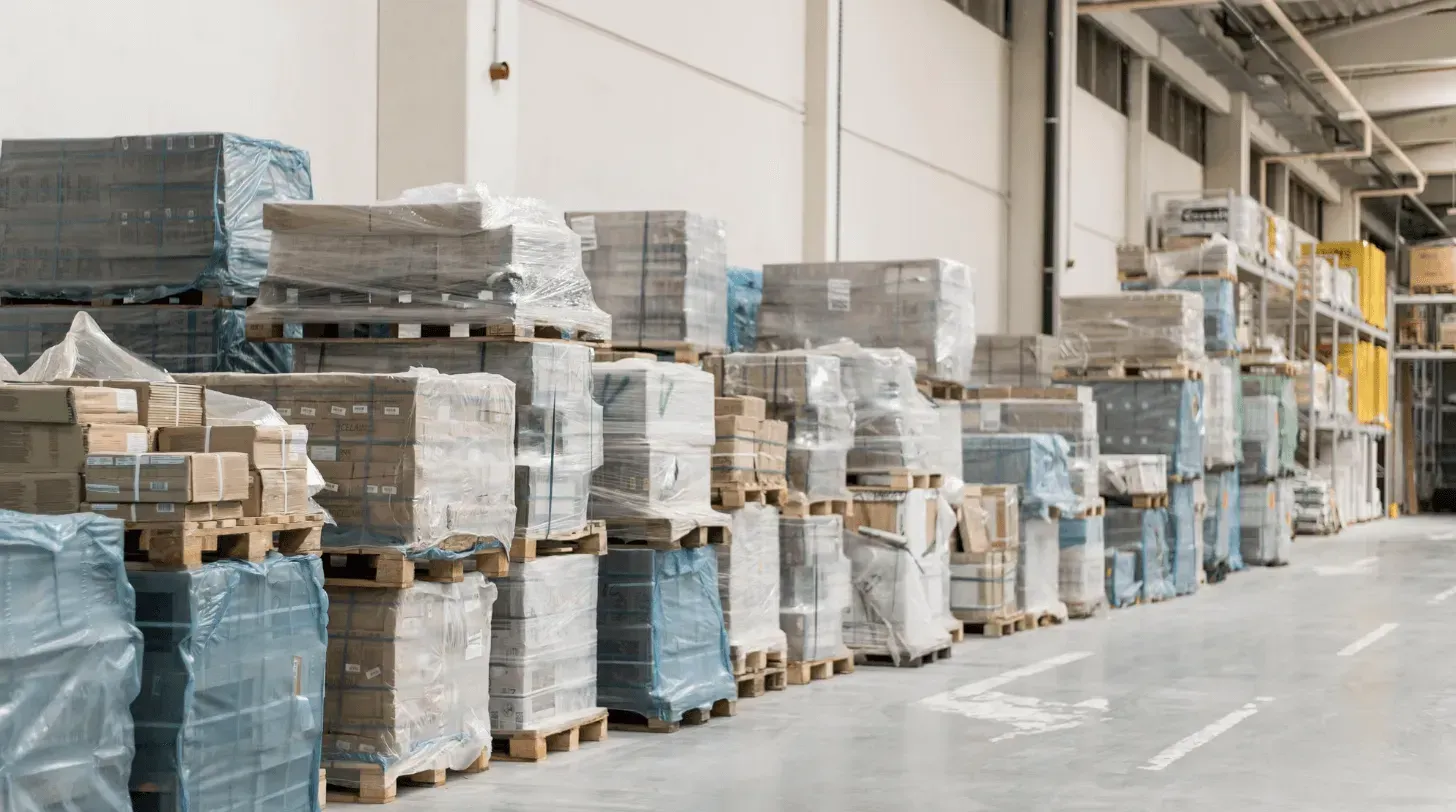
Role of the Imports Committee
The Imports Committee plays a crucial role in reviewing applications. This team is responsible for analyzing each case individually, ensuring that every import complies with the criteria established by law, thereby protecting the local industry and the country’s macroeconomic interests.
VUCE Platform: Single Window for Foreign Trade
The Single Window for Foreign Trade (VUCE) is a key digital tool for entrepreneurs and business owners involved in import operations in Colombia. It simplifies processes and facilitates interaction with the entities responsible for regulating foreign trade.
VUCE Functionalities
This platform offers various features that optimize the management of permits and licenses. Through VUCE, administrative procedures can be carried out more quickly and easily. Some of its most notable features include:
- Electronic processing of applications.
- Access to up-to-date information on requirements and regulations.
- Integration of processes that previously required visits to multiple government entities.
Main Objectives
The primary purpose of VUCE is to improve the efficiency of foreign trade in Colombia. The main objectives guiding its implementation include:
- Simplifying procedures associated with foreign trade.
- Increasing transparency in import and export processes.
- Facilitating coordination among different administrative entities.
User Advantages
Having access to VUCE provides multiple benefits for users engaging in import operations. Among the most relevant advantages are:
- Reduced response times for obtaining permits.
- Minimization of bureaucracy and improved user experience.
- Centralized access to the information required for regulatory compliance.
These features help optimize the performance of importers, making it easier to comply with trade regulations and promoting a culture of transparency and efficiency in commercial practices.
Procedure for Requesting Import Permits and Licenses
The process for requesting import permits and licenses in Colombia is key to ensuring regulatory compliance. Below are the necessary steps for completing this procedure.
Registration on the VUCE Platform
To begin the permit and license request process, it is essential to register on the Single Window for Foreign Trade (VUCE). This registration allows importers to interact with the platform and access its digital services.
- Registration is done through the official VUCE website.
- Basic company information must be provided, including contact details and identification documents.
- Once registration is complete, users receive a username and password to access the system.
Submission of Applications
Once the user is registered, they may proceed to submit specific applications for import permits and licenses. This process requires careful attention to the required documentation and compliance with the established criteria.
Registration Applications
Registration applications are essential for importing products. This procedure is mandatory and is carried out through VUCE, where the necessary data is entered.
- Required documents include, but are not limited to, evidence of goods declaration and sanitary registrations when applicable.
- Approval times may vary depending on the nature of the products and the documentation submitted.
Review and Follow-Up
Once the application is submitted, a review process begins. It is essential to monitor the application status to ensure response times are met.
- Users can check the status of their applications through the VUCE platform.
- It is advisable to stay alert for any additional requirements that may arise during the review.
Challenges in the Permits and Licensing System
The permits and licensing system faces several challenges that affect the effectiveness of foreign trade in Colombia. Among these challenges are:
- Bureaucracy that can delay procedures.
- The need to adapt to constantly changing regulations, which requires businesses to stay informed and flexible.
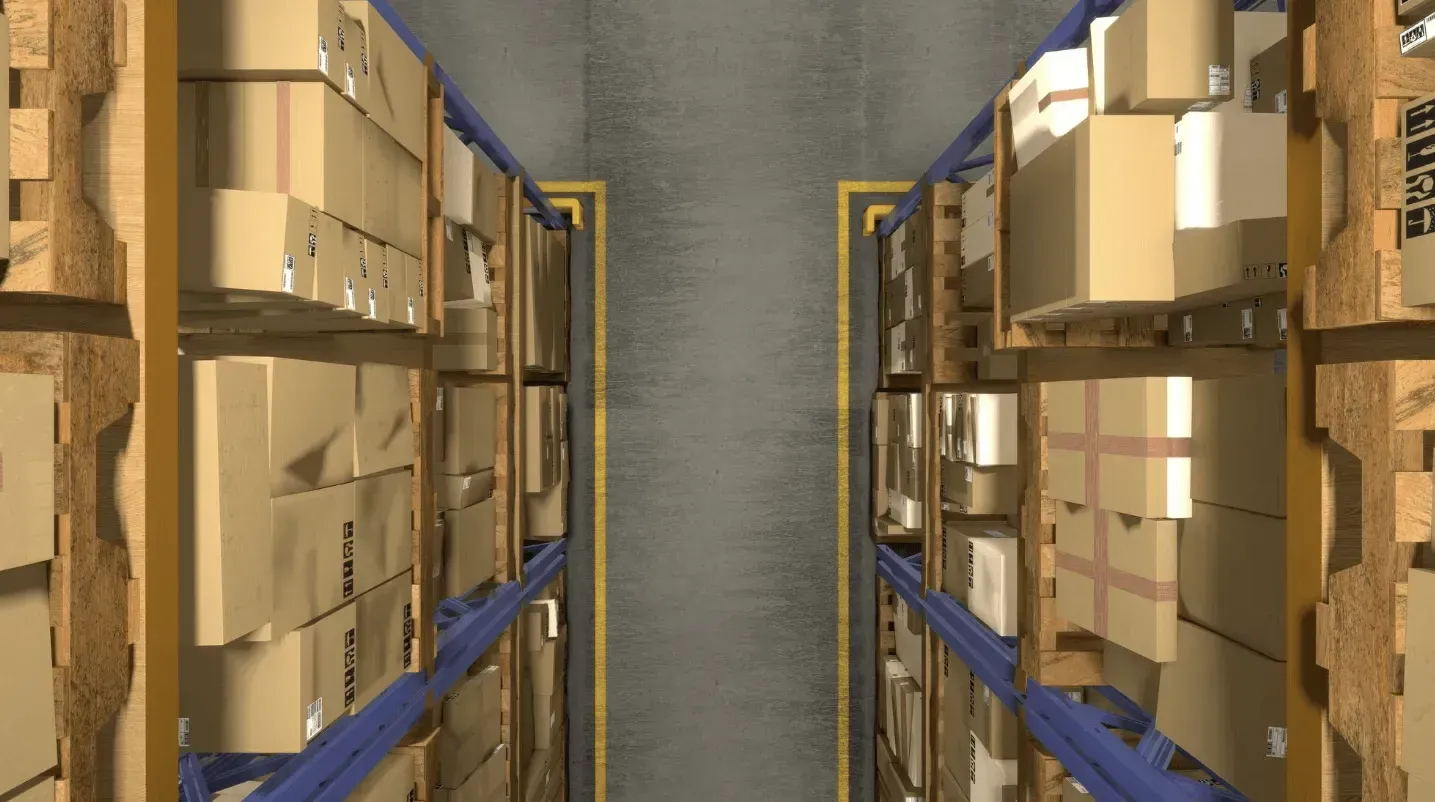
Procedures and Bureaucracy
One of the most significant complications lies in the number of procedures required to obtain import permits and licenses. Importers often feel overwhelmed by the number of requirements and the various entities involved in the process.
- The existence of multiple regulatory agencies creates confusion.
- Procedures can be long and tedious, delaying the entry of goods into the country.
- The accumulation of documents and requirements may discourage some entrepreneurs from pursuing their import plans.
This bureaucratic environment contradicts the objective of facilitating foreign trade, turning the process into a continuous challenge for those seeking to enter the international market.
Adapting to Regulatory Changes
Constant changes in regulations related to imports also present a significant challenge. Regulations can change without prior notice, requiring entrepreneurs to stay informed in order to avoid penalties or delays.
- A lack of clarity in how changes are communicated complicates business planning.
- Entrepreneurs must invest time and resources to adapt to new regulations, which requires ongoing training and updates.
- Unexpected changes may affect medium- and long-term business strategies, negatively impacting the competitiveness of local companies.
In summary, the combination of bureaucratic procedures and the need to adapt to a shifting regulatory environment poses a considerable obstacle to the development of foreign trade in Colombia. Addressing these challenges is essential for enabling a more efficient and effective import experience.
International Regulations and Their Application in Colombia
International regulations are essential to foreign trade in Colombia, as they ensure cooperation and compliance with global standards in import operations.
International Agreements and Protocols
Colombia has signed several international agreements and protocols that regulate trade and imports. These instruments aim to facilitate commercial exchange and promote best practices in market operations. Notable agreements include:
- The General Agreement on Tariffs and Trade (GATT)
- Free Trade Agreements (FTAs) with Latin American countries and other nations
- Association Agreements with the European Union and other economic blocs
The implementation of these agreements represents Colombia’s commitment to reducing tariff barriers, promoting transparency in import processes, and adhering to environmental and labor regulations. This aligns the country with the demands of international trade.
Compliance Under GATT
GATT establishes a framework that Colombia must follow concerning tariff reductions and the elimination of protectionist measures. These guidelines require member countries to:
- Minimize the complexity of import formalities
- Provide clear access to information about import requirements
- Ensure fair and non-discriminatory treatment in the handling of import licenses
This approach not only protects local interests but also promotes greater competitiveness in the global market. The support and supervision of international organizations reinforce Colombia’s commitment to international norms, creating a favorable environment for investment and trade.
Recommendations for Entrepreneurs
Entering the import process can be complex. Therefore, it is crucial for entrepreneurs to keep in mind certain recommendations to facilitate their participation in international trade.
Preparation and Documentation
Proper preparation and thorough documentation are critical steps. These ensure that importers are ready to meet all necessary requirements.
Key Documents for the Process
- Copy of the import registration: Essential for importers to complete the customs entry process.
- Import licenses: Required for products that need prior evaluation by the government.
- Customs declarations: Must be filed properly with the relevant authorities.
- Transport documentation: Includes the airway bill, commercial invoice, and any other relevant certificates necessary for clearance.
Strategies to Stay Informed
- Subscribe to newsletters from the Ministry of Commerce: These provide updates on regulatory changes and procedures.
- Participate in trade fairs: These events offer opportunities to learn about the latest market trends and regulations.
- Build a network with other entrepreneurs: Maintaining good communication with peers facilitates the exchange of valuable information.
Best Practices in Importing
Adopting best practices is key to improving efficiency in import procedures. This helps minimize errors and delays throughout the process.
- Plan ahead: Start procedures well in advance of the goods’ arrival to avoid complications.
- Verify suppliers: Ensure that suppliers comply with Colombian regulations and meet required quality standards.
- Manage logistics properly: Effective coordination with transportation and customs agencies is essential for success.



